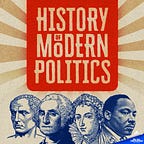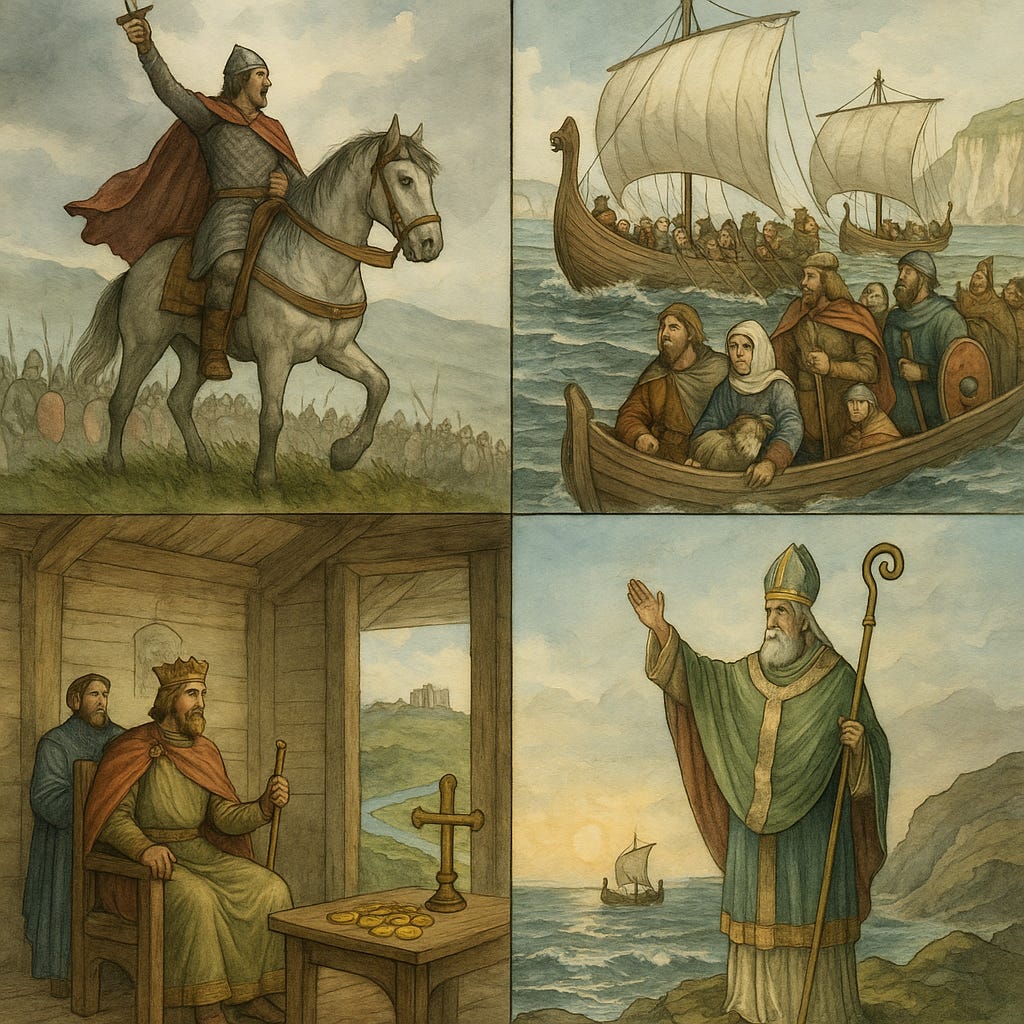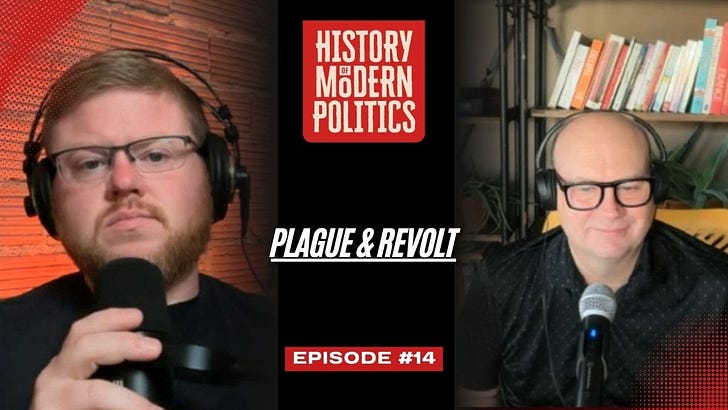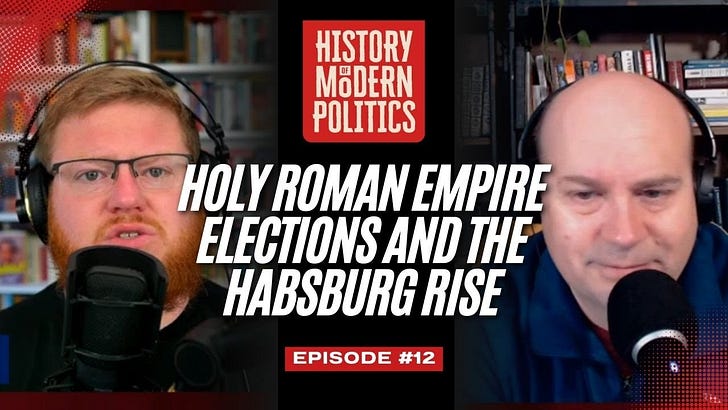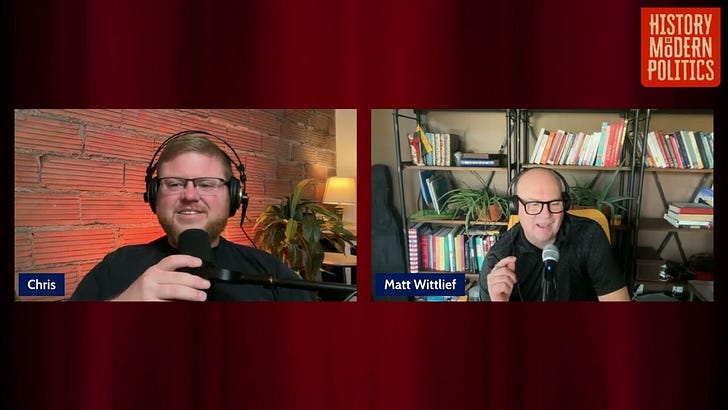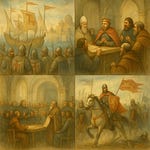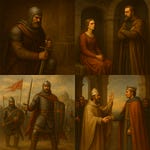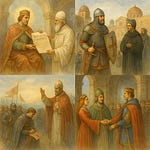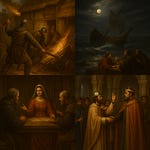Britain’s story after Rome opens in legend. Arthur and Mount Badon mark a pause—the last flash of resistance before a new tide rolls in. Whether myth or memory, it sets the tone: this isn’t collapse in an instant but a slow unweaving of the old order.
Across the fifth and sixth centuries, people from the north German coast and southern Denmark—Angles, Saxons, Jutes—begin to settle. They follow the trade winds and tidal flats, crossing not as an invasion force but in steady, generational waves. Roman towns shrink, villas crumble, and the Latin of administration gives way to new dialects. Power becomes local again—rooted in kin, oath, and proximity to the sea.
By the sixth century, familiar names emerge: Kent, Wessex, Essex, East Anglia, Northumbria. Timber halls replace forums; kingship becomes personal, martial, and portable. These early realms eventually knit into what chroniclers later called the Heptarchy—seven principal kingdoms locked in rivalries and marriages, trading power and tribute in rough balance. Within that system rose the so-called bretwaldas, “wide-rulers” whose influence reached beyond their borders. The best remembered is Offa of Mercia in the late eighth century, whose dyke cut the landscape from sea to sea and whose coinage rivaled Charlemagne’s. His reign hinted that something like a single English polity was possible, even if unity was still centuries off.
Christianity was arriving again to the island just as Germanic migrants. In 597 CE Augustine of Canterbury landed in Kent, sent by Pope Gregory the Great, and found a foothold at the court of King Æthelberht and his Frankish Christian queen. From that seed grew a network of monasteries and missions—Lindisfarne, Iona, Canterbury—that re-stitched the island’s spiritual fabric. Christianity gave the new kingdoms a shared vocabulary of law, literacy, and legitimacy, connecting them again to the wider world Rome had once ruled.
My takeaway: this episode isn’t about the disappearance of the Romans; it’s about persistence and evolution through change. Rome’s scaffolding collapses, but the impulse to order, to rule, to belong, endures. When the legions left, the lights didn’t go out—they moved to different hearths. Out of migration, memory, and makeshift rule, a new language and landscape took hold—the foundations of the England to come.

